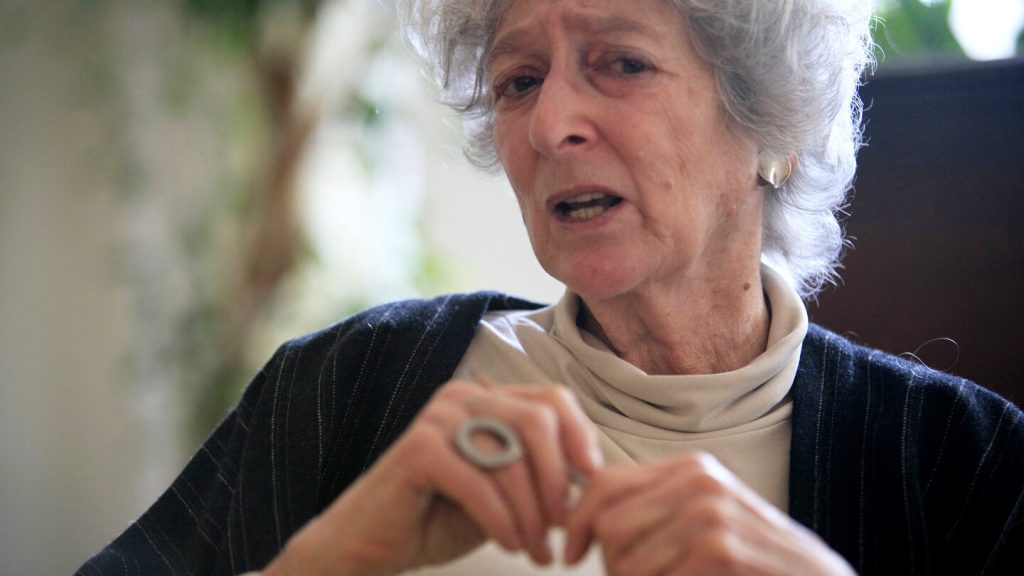Esteemed author and translator Lore Segal passed away at the age of 96 in her Manhattan apartment after a brief illness. Segal, a Jewish refugee and immigrant, used her experiences to shape her fiction, including novels like “Other People’s Houses” and “Her First American.” In addition to writing, she also translated works such as the Bible and Grimms’ fairy tales, with illustrations by Maurice Sendak. Segal’s life became her greatest muse, with her work often reflecting her memories and imagination.
Throughout her career, Segal wrote novels, short stories, essays, and children’s books, drawing inspiration from her own life and experiences. Her work often satirized academia, as seen in “Shakespeare’s Kitchen.” In 2019, she compiled her fiction and nonfiction into the anthology “The Journal I Did Not Keep,” exploring the importance and imperfection of recapturing the past. Her work garnered admiration from fellow authors and critics, with accolades such as being a Pulitzer Prize finalist for “Shakespeare’s Kitchen” and induction into the American Academy of Arts and Letters in 2023.
Known for her ironic intelligence and gift for detachment, Segal’s fiction often featured even, objective tones with occasionally cutting observations. She crafted intimate and familiar characters, like her alter ego Ilka and Carter Bayoux, with whom Ilka has an affair in “Her First American.” Segal’s narratives were often sustained through overheard conversations, offering insights into the lives of her characters. Her preference for dialogue over explanation allowed her characters to develop and express themselves authentically.
In addition to her writing, Segal contributed to publications like The New York Times, The New Republic, and the Forward. Notable works include the children’s story “When Mole Lost His Glasses,” adapted into an educational video featuring Spike Lee and Stephon Marbury. Despite facing personal challenges, including the death of her husband in 1970, Segal remained dedicated to her craft, drawing on her past experiences and observations to inform her work.
Born in Vienna in 1928, Segal’s early years were marked by the rise of Nazism and antisemitism, leading her family to send her on the Kindertransport to London. After the war, she graduated from the University of London and eventually settled in the United States. Before pursuing writing, she explored various career paths and struggled to find her voice as a writer. It wasn’t until she shared her stories in a creative writing class that she realized the value of her experiences and storytelling abilities, leading to her breakthrough as a writer.
Segal’s legacy lives on through her impactful writing, which captures the complexities of memory, identity, and human experiences. Through her fiction and nonfiction works, she delves into the challenges of recapturing the past and the transformative power of storytelling. Her unique perspective as a Jewish refugee and immigrant in America informs her work, offering profound insights into the human condition. Lore Segal’s contributions to literature and her ability to craft compelling narratives will continue to inspire readers and fellow writers for generations to come.


